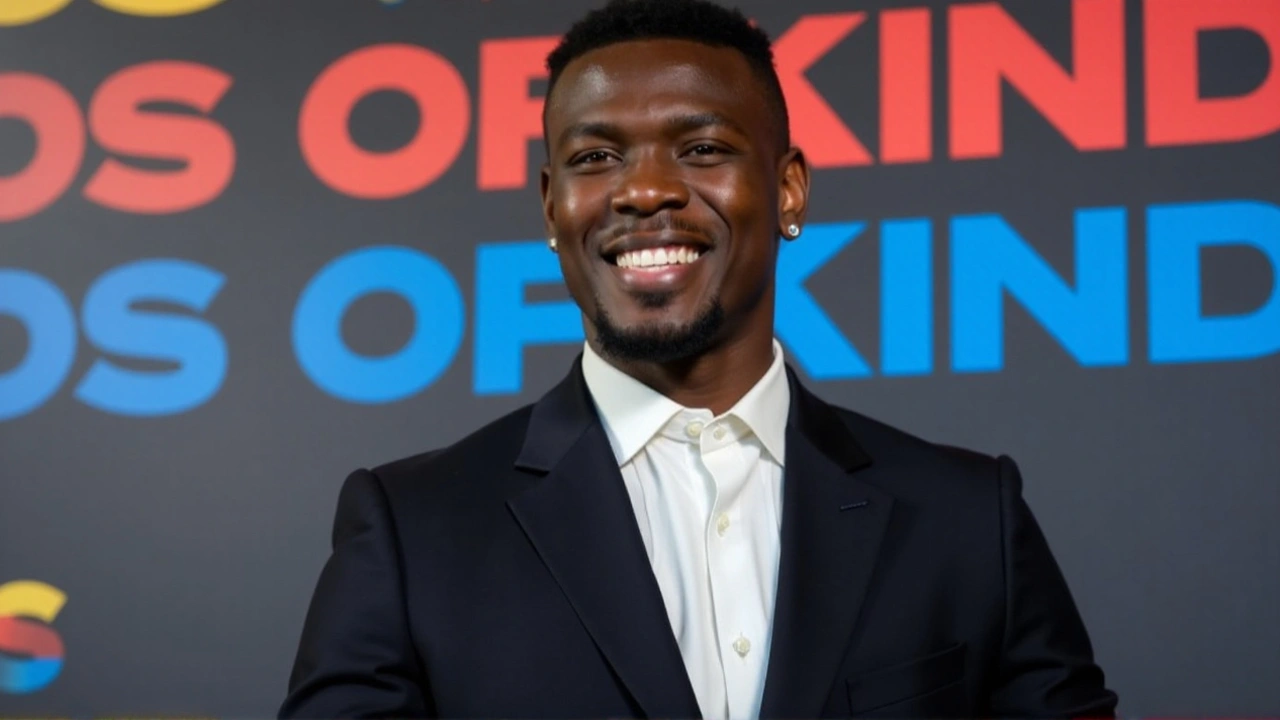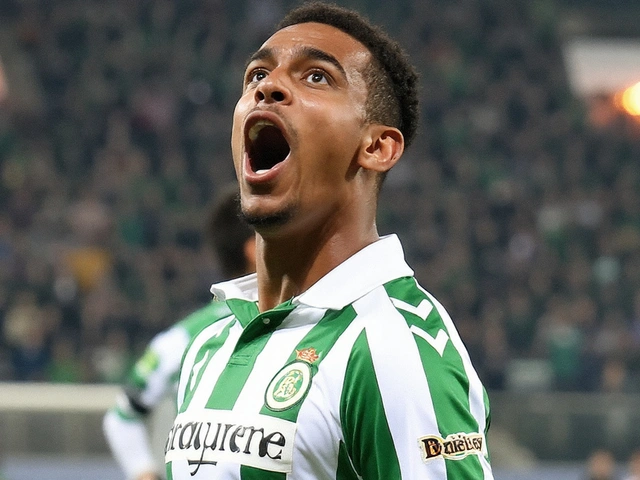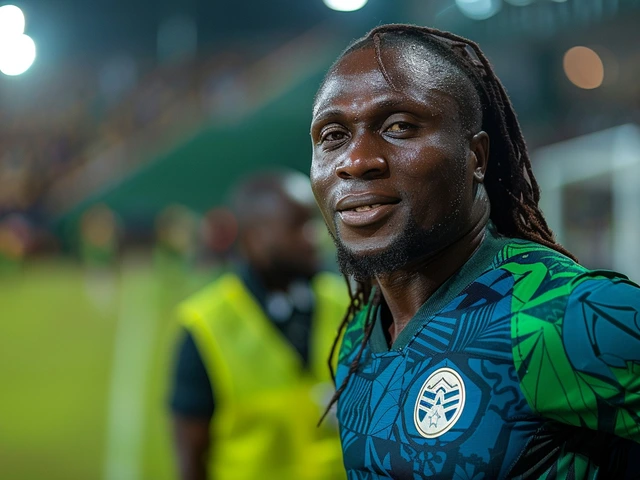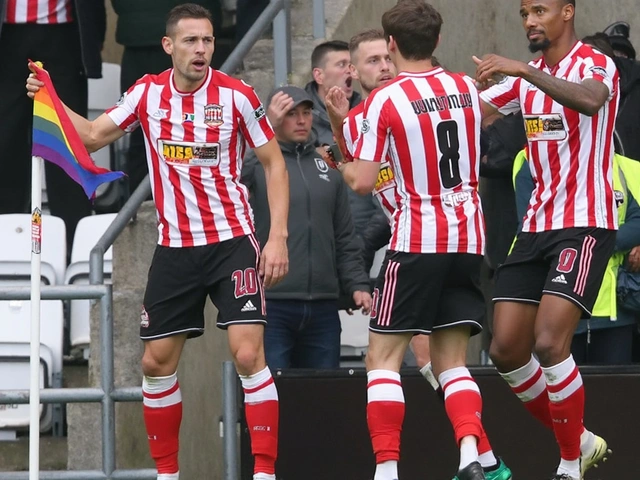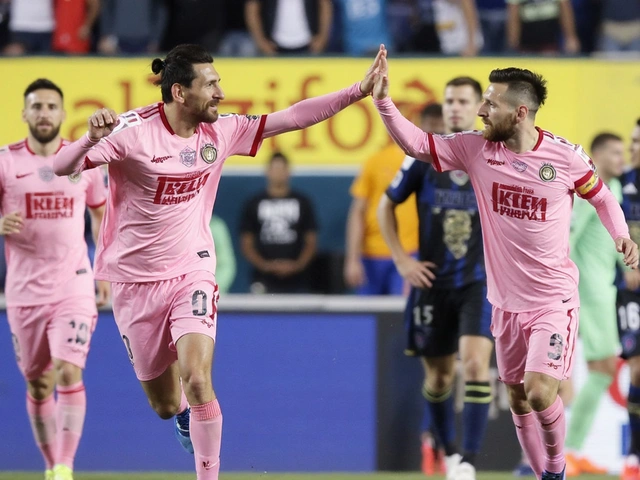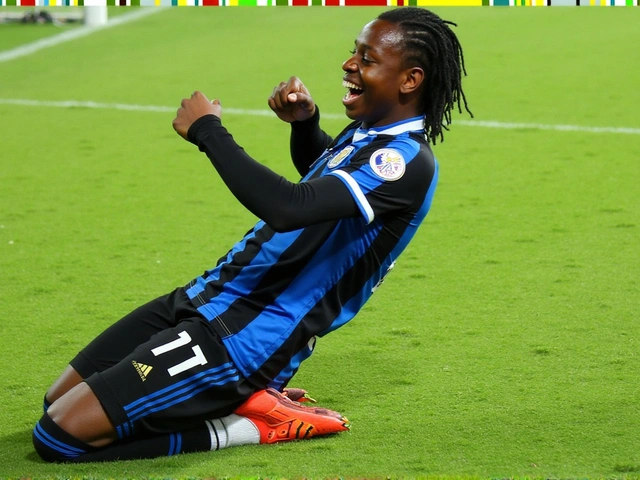Paul Pogba's Uncertain Future at Juventus
Paul Pogba's journey with Juventus has been anything but smooth. Recent developments have put Pogba in a spotlight he might not have desired. Once a key player, Pogba now sits on the sidelines, embroiled in controversy due to a doping scandal that has left his standing with the club uncertain. Despite the reduction of his doping ban from four years to 18 months, his return date set for March 2025 seems like a distant dream for both Pogba and Juventus. This delay in his competitive re-entry offers Juventus time to reflect on whether keeping Pogba is financially wise or if parting ways might benefit both parties.
The Financial Dilemma
One of the most significant issues Juventus faces is financial. Pogba's current contract sees him earning an impressive €10 million annually, a commitment that has turned into a potential financial burden for the Turin-based club. The question lingering in the boardroom is whether it's judicious to allocate substantial funds to a player who, for now, is nothing more than a philanthropic gesture having only been able to earn €2,000 a month during his suspension. This dilemma stretches beyond mere numbers, affecting the club's budget and financial health, especially considering the club’s aspirations to invest in emerging talent and future resources.
Sporting Implications
On the other hand, sporting considerations add another layer of complexity to Juventus's decision. Pogba, who once dominated the midfield, now finds himself amidst a densely populated midfield lineup. With the presence of talented players like Teun Koopmeiners, Kenan Yildiz, Douglas Luiz, Manuel Locatelli, Nicolo Fagioli, Weston McKennie, and Khephren Thuram, carving out a space for Pogba could prove arduous. Thiago Motta, Juventus's current head coach, remains ambivalent about the prospects of integrating Pogba back into the squad. This indifference suggests that the coaching staff may already be looking to the future without the influence of Pogba's brilliance on the field.
Exploring Mutual Termination
The possibility of a mutual contract termination remains a critical option under deliberation. This approach could represent a strategic resolution, creating a 'win-win' situation where both Juventus and Pogba depart amicably without further financial or reputational damage. With reports from Corriere della Sera and Calciomercato.com suggesting such a strategy, it reflects pragmatism on both sides, potentially enabling Juventus to redirect their financial commitments and for Pogba to pursue opportunities elsewhere where his presence may be more valued and impactful.
Deciding the Best Path
Juventus's executive team must deliberate carefully on key aspects: financial viability, team dynamics, and Pogba's professional trajectory. While the club has yet to publicize their stance following the reduction of Pogba's ban, these considerations will likely guide a decision between loyalty and strategic prudence. The club's silence suggests a period of contemplation and careful consideration of the ramifications of each potential move.
Pogba's Standpoint
What lingers in the shadows is Pogba's own perspective. The midfielder, who once dazzled audiences and inspired peers, might now be reassessing his career goals. Whether he sees a future at Juventus or feels he can rediscover his form with another team is uncertain. Athletic motivation and personal aspirations will surely inform his next steps, contingent on whether Juventus decides to retain or release him from his contract.
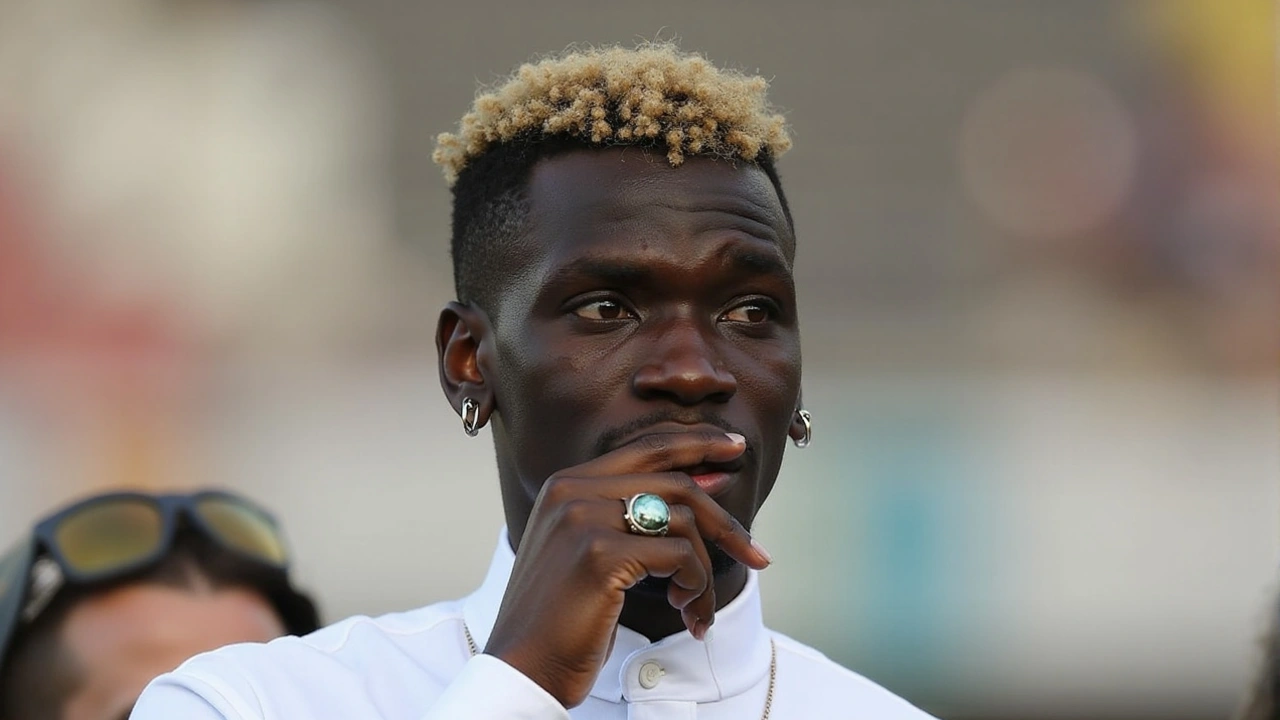
Conclusion
The eventual decision about Pogba's contract will likely involve weighing several serious considerations. Juventus will need to decide if they remain invested in Pogba’s journey or if cutting ties is more beneficial. Whatever path is chosen, it will require the club and Pogba himself to navigate the uncertain terrains of professional sports, personal legacy, and financial strategy, providing a potentially transformative period for both player and club.

